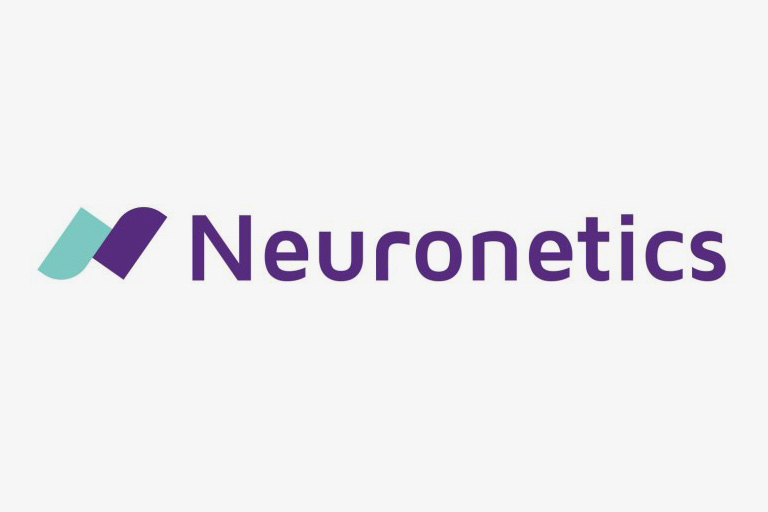Emory University’s 13th Annual Celebration of Technology and Innovation Honors Dr. Epstein with Start-Up of the Year Award for Pioneering Technology Utilized in NeuroStar Advanced Therapy for the Treatment of Depression
Neuronetics, Inc. (NASDAQ: STIM), a commercial stage medical technology company focused on designing, developing and marketing products that improve the quality of life for patients who suffer from psychiatric disorders, applauds Dr. Charles M. Epstein, the neurologist who introduced magnetic stimulation at Emory University, for receiving the Start-Up of the Year Award at the 13th Annual Celebration of Technology and Innovation. The annual program is hosted by Emory University’s Office of Technology Transfer and recognizes faculty entrepreneurs and their innovative discoveries. Dr. Epstein’s magnetic stimulation research led to the development of Neuronetics’ first commercial product, NeuroStar Advanced Therapy.
Unfortunately, 5.5 million adults in the U.S. with depression do not see relief from antidepressant medication.1,2,3 Dr. Epstein’s research and development in the field contributed to NeuroStar Advanced Therapy, a non-drug treatment that can help depression patients who don’t see success with medication alone.
In 2001, Emory University and Neuronetics entered into a license agreement for Dr. Epstein’s research in magnetic stimulation. He co-invented the iron core technology used in the NeuroStar Advanced Therapy System, the first transcranial magnetic stimulation (TMS) system to be cleared by the FDA in 2008 for the treatment of depression. Since that time, the NeuroStar Advanced Therapy system has delivered more than 2.3 million treatments to adult patients with depression.
“I’ve been privileged for many years to conduct research at Emory, and it is incredibly gratifying to see the direct impact of that research in the continued success of the NeuroStar technology in treating thousands of patients who have depression,” said Dr. Epstein. “The goal of our research has always been to improve lives and I’m thankful for the partnership with Neuronetics that has helped foster it. It is an honor to be recognized for this work alongside my dedicated colleagues, and I’m confident we will continue to innovate and create in the hopes of making a lasting impact for our patients.”
Dr. Epstein initiated studies that found a more efficient way to produce magnetic fields using a smaller device that requires less energy and produces less heat. NeuroStar Advanced Therapy, the only TMS system utilizing Dr. Epstein’s patented coil design, uses magnetic pulses to stimulate areas of the brain that are underactive in depression. It is typically administered daily in a doctor’s office for four to six weeks, with treatment sessions performed in as little as 19 minutes.* Unlike electroconvulsive therapy (ECT), NeuroStar Advanced Therapy is non-invasive and allows patients to resume daily activities immediately following their treatment. It is also free from systemic side effects often ass


















